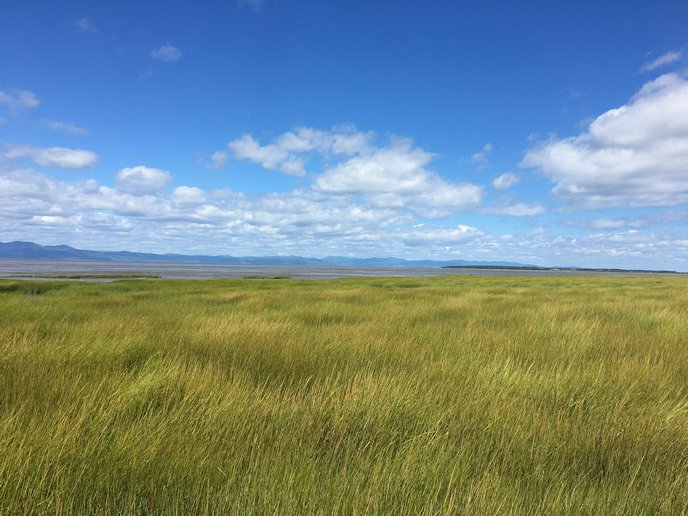Methane production in wetlands
Wetlands store between 15 and 30 % of the global soil carbon pool as dissolved and particulate organic matter (DOM and POM, respectively). Yet, our understanding of the production of methane in these wetlands, closely linked to natural carbon sequestration, is incomplete. The EU-funded NOMSUPPRESSCH4 (Assessing suppression of methanogenesis in wetlands by electron accepting and polyphenolic moieties in natural organic matter) initiative aimed to measure the importance of two processes that control the production of methane. The researchers worked to incubate natural wetland samples in the laboratory to study the two processes. NOMSUPPRESSCH4 collected material from rain- and groundwater-fed bogs and fens in Sweden and the United States. The researchers tested the chemistry of these samples and characterised them in terms of pH and electrical conductivity, among other measurements. The team investigated the importance of DOM and POM in wetland carbon chemistry using analytical chemistry techniques. They combined this method with monitoring for methane and carbon dioxide formation in the wetland samples. NOMSUPPRESSCH4 performed incubation experiments to find out whether methane production is supressed over repeated chemical cycles in wetlands. After several weeks of monitoring, the researchers found no statistically significant difference in the rate of carbon dioxide and methane production. These results suggest that the role of peat DOM and POM as electron acceptors on anaerobic respiration and methanogenesis is not simply related to their capacities to accept electrons. This work will go beyond the lab to investigations at field scale and will help improve wetland management policies and understanding of global climate change.







